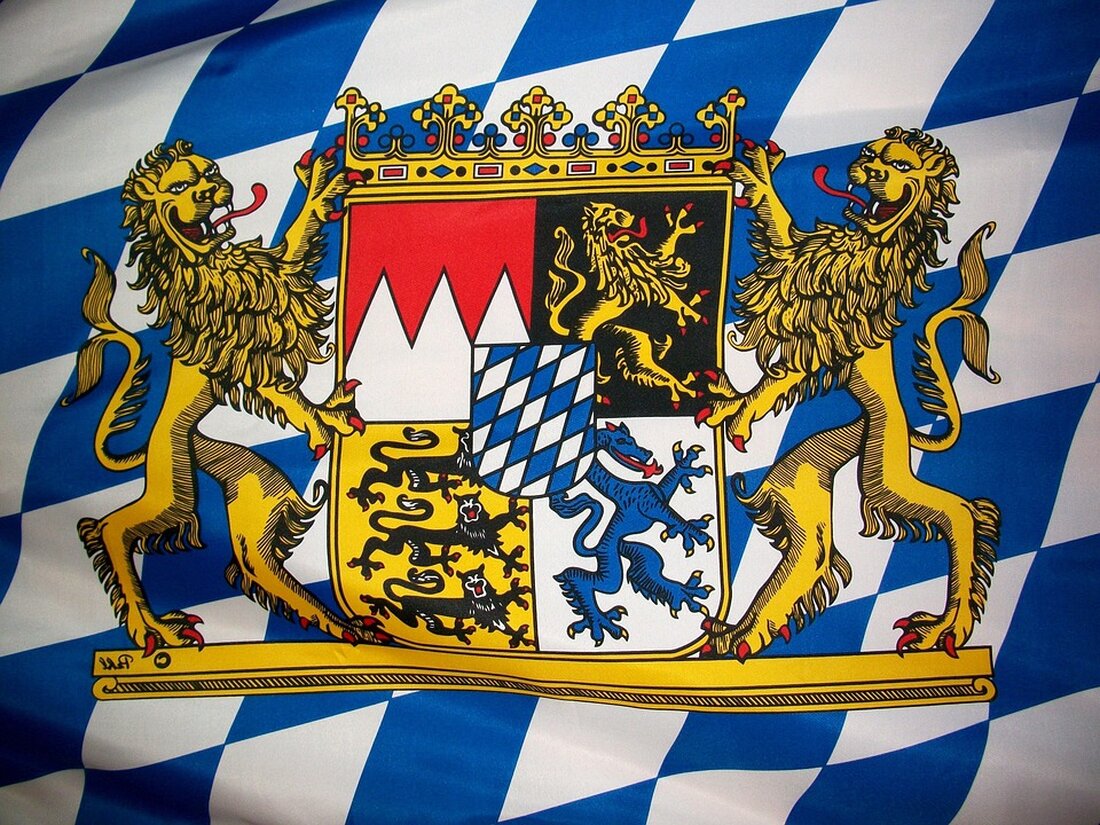Bavarian Parliament reaffirms solidarity with Ukraine: visit to Kyiv!
Bavarian State Parliament Presidium visits the Verkhovna Rada in Ukraine on June 17, 2025, emphasizes solidarity and support.

Bavarian Parliament reaffirms solidarity with Ukraine: visit to Kyiv!
On June 17, 2025, a delegation from the Presidium of the Bavarian State Parliament visits the Verkhovna Rada, the parliament of Ukraine. This visit comes against the backdrop of critical political circumstances in which elections in Ukraine are currently not possible. Occupations and fighting at the front that violate international law significantly restrict democratic processes. Ilse Aigner, President of the Bavarian State Parliament, emphasized the importance of support for Ukraine and solidarity among democrats during the reception by the Ukrainian parliamentary leadership.
Their thanks go especially to the Deputy Speaker of Parliament Oleksandr Korniyenko and MP Andreii Strikharskyi, who organized the visit excellently. Vice President Tobias Reiß (CSU) emphasizes the importance of the visit as a strong sign of solidarity. Markus Rinderspacher (SPD), also Vice President, has already organized several aid transports to Ukraine and is drawing attention to the increasing attacks on the Ukrainian civilian population.
The legislative process in Ukraine
In parallel with these political events, the legislative process in Ukraine is complex and lengthy. A bill goes through a total of four phases: registration, committee review, reading in Parliament and finally signing by the President. Registration can take up to five days, followed by committee review, which can take up to 30 days.
After this review, there is an option to return the bill for revision or prepare it for first reading, which may take another 30 days. Inclusion on the agenda can take up to a month. As a rule, there is a maximum of 30 days until the first reading. Bills can go through up to three readings, although the ideal deadlines are often not met after the first and second readings.
The Verkhovna Rada can repeat the first and second reading, which is permitted a maximum of two times. After adoption by Parliament, the Speaker of Parliament has five days to sign and the President has 15 days to make his decision. The president can sign bills or send them back with suggestions, with a lack of decision leading to their adoption.
Statistics and challenges
In the IX. During the legislative period, which lasted from August 29, 2019 to February 18, 2024, a total of 11,142 legal acts were registered, of which 6,800 were draft laws. Of these, only 1,271 laws were passed, which represents about 18.7% of the bills submitted. 2,421 bills were also rejected, many of which have an unclear status.
The speed of adoption varies greatly depending on the subject area. Bills in the security and defense categories are passed on average in about 110 days, while those related to industrial and social policy take significantly longer - 248 and 247 days, respectively.
Another aspect that affects the efficiency of the legislative process is the lack of clear criteria and deadlines for processing draft laws. There is also a need for reforms to improve accountability in order to filter out weak bills before they are introduced into parliament.
The developments in Ukraine and the associated visit from Bavaria illustrate how important international support is in times of crisis. At the same time, the analysis of the legislative process shows that structural reforms are necessary to increase political efficiency in the country. For more information about the Ukraine visit and the legislative process in the Verkhovna Rada, you can read the reports from bayern.landtag.de and bpb.de be consulted.

 Suche
Suche
 Mein Konto
Mein Konto